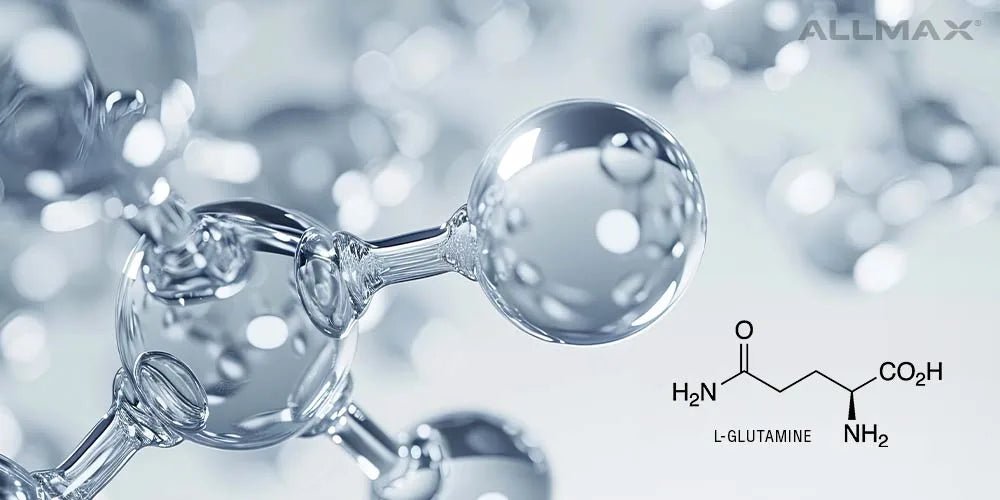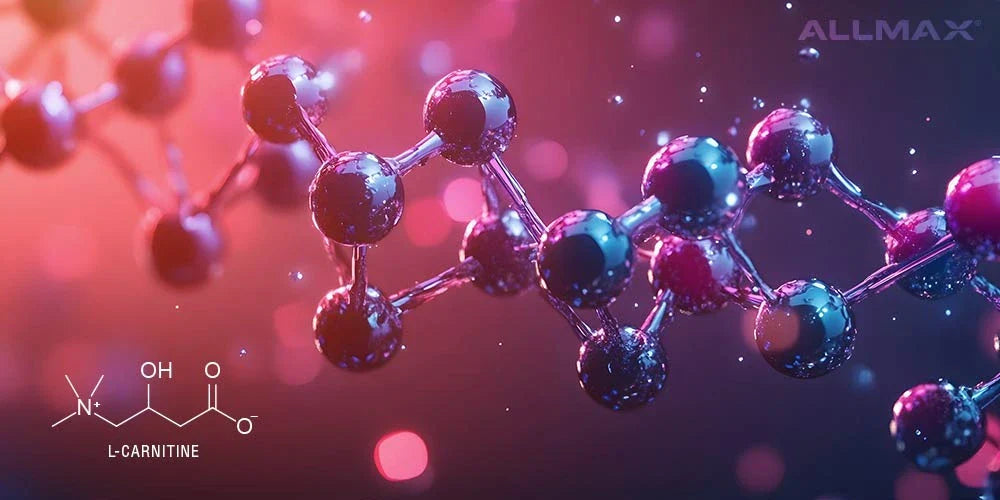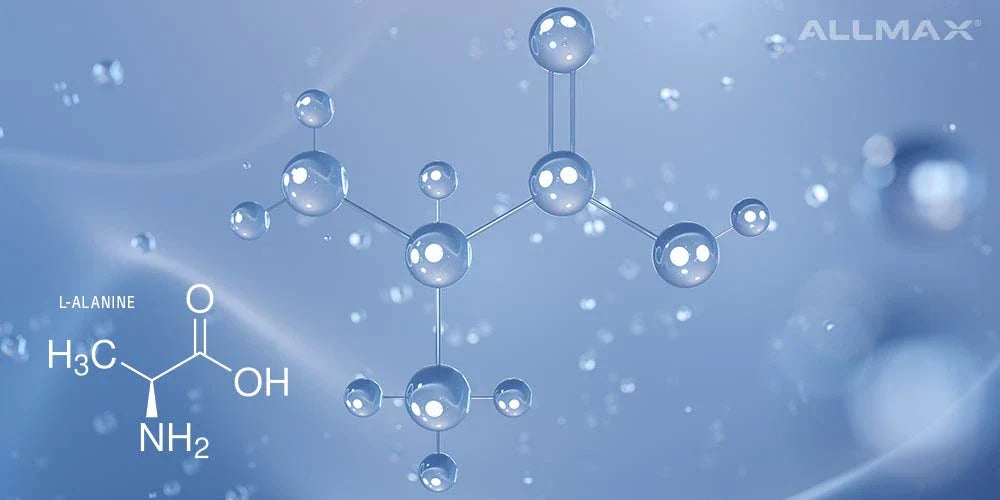Digestive enzymes play a crucial role in breaking down food into absorbable nutrients. Sourced naturally or through supplements, they can help improve digestion, reduce bloating, and support overall gut health. But are digestive enzymes right for everyone? Let’s explore what digestive enzymes are, how they work, their benefits, and potential side effects.
What are Digestive Enzymes?
Digestive enzymes are proteins produced by the body, mainly in the mouth, stomach, pancreas, and small intestine, that help break down the macronutrients in your food:
Proteases – break down proteins into amino acids
Lipases – digest fats into fatty acids
Amylases – convert carbohydrates into simple sugars
Lactase, maltase, sucrase – target specific sugars like lactose and maltose
These enzymes are essential for nutrient absorption. A deficiency or imbalance can lead to indigestion, bloating, or malnutrition.
What do Digestive Enzymes do?
Digestive enzymes assist in:
Breaking down food efficiently
Reducing strain on the digestive tract
Enhancing nutrient absorption
Preventing the fermentation of undigested food in the gut
Age, stress, or health issues can reduce the enzyme production. Supplementing with quality enzymes may help restore digestive function.
ALLMAX Digestive Enzymes offer a potent combination of 11 digestive enzymes including protease, lipase, amylase, and more to support your digestive health. These are particularly useful if you experience bloating or discomfort after meals or follow a high-protein diet.
Product Contains Digestive Enzyme
Benefits of Digestive Enzyme Supplementation

Taking digestive enzyme supplements may provide a variety of health benefits, including:
Improved digestion and nutrient absorption – Enzyme supplements help the body break down food more efficiently, making nutrients easier to absorb, particularly for those with enzyme deficiencies.
Reduced bloating and gas – By promoting complete digestion, enzymes help prevent the fermentation of undigested food in the gut, minimizing gas and bloating.
Support for food intolerances – Specific enzymes like lactase assist individuals with lactose intolerance in comfortably digesting dairy products.
Enhanced gut health – Efficient digestion supports a balanced gut microbiome, reduces inflammation, and contributes to overall digestive wellness.
Side Effects of Digestive Enzymes
While generally safe, digestive enzymes may cause side effects in some individuals, especially when taken in excess or without medical supervision:
Nausea or diarrhea
Stomach cramps
Allergic reactions (rare, typically related to animal-based enzymes)
Interaction with medications – especially antacids or diabetes medications
If you experience any discomfort, reduce dosage or consult a healthcare provider.
Do You Need a Digestive Enzyme Supplement?

You might benefit from a supplement if you:
Feel bloated or heavy after meals
Struggle with food intolerances
Are over 40 (enzyme production can decline with age)
Eat a high-protein or high-fat diet
Have a diagnosed enzyme deficiency (e.g., exocrine pancreatic insufficiency)
Choosing a formula like ALLMAX Digestive Enzymes can help support optimal digestion and nutrient intake, especially when dietary changes alone aren't enough.
Final Thoughts
Digestive enzymes play a crucial role in health by aiding digestion and nutrient absorption. While most people produce enough naturally, supplements can be beneficial for those with digestive issues or higher dietary demands. Be sure to choose a reputable product and monitor for any side effects.
References:
Ianiro, G., Pecere, S., Giorgio, V., Gasbarrini, A., & Cammarota, G. (2016). Digestive enzyme supplementation in gastrointestinal diseases. Current drug metabolism, 17(2), 187-193.




